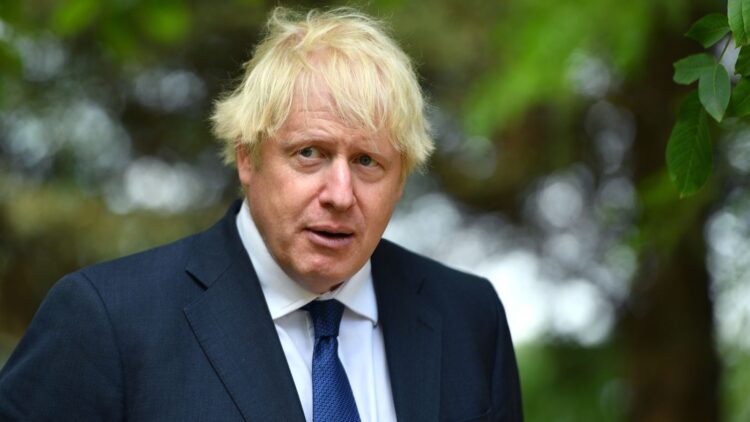By Ben Kerrigan-
The British government has set out a plan to better protect journalists from threats of violence and intimidation.
It includes new measures to research the problem and training for police forces and journalists.
It follows reports to the government from journalists who have suffered abuse and attacks while going about their work, including being punched, threatened with knives, forcibly detained, and subjected to rape and death threats.
A survey of members of the National Union of Journalists in November also found that more than half of respondents had experienced online abuse while nearly a quarter had been physically assaulted or attacked.
An Online Safety Bill is set to provide social media users, including journalists, with greater support by the platforms if they d
Online platforms will be required to protect users and enforce their terms and conditions or face sanctions – including fines of up to 10 per cent of their annual turnover or having their services blocked. The Bill will also enshrine in law protections for journalistic content and free debate online.
The plan will increase awareness of the safety challenges faced by journalists operating in the UK and introduce measures to tackle them in a joint effort by law enforcement, broadcasters, publishers, industry bodies, unions and the government.
Training
Measures include providing new training for police officers as well as aspiring and existing journalists, commitments from social media platforms, and prosecution services to take tough action against abusers, including responding promptly to complaints of threats to journalists’ safety.
The plan has been endorsed by the National Committee for the Safety of Journalists, membership of which comprises industry stakeholders including the National Union of Journalists and Society of Editors.
It will be reviewed as necessary on an ongoing basis and supports the wider work the government is doing to uphold freedom of speech, in particular protecting journalistic content from censorship and takedown online. The Government is also publishing a broader update today on its ongoing work to tackle intimidation in public life.
Prime Minister Boris Johnson said:
“Freedom of speech and a free press are at the very core of our democracy, and journalists must be able to go about their work without being threatened.
“The cowardly attacks and abuse directed at reporters for simply doing their job cannot continue.
“This action plan is just the start of our work to protect those keeping the public informed, and defend those holding the government to account.”
Culture Secretary Oliver Dowden said:
“Attacks on journalists are not only horrendous for those individuals but an assault on our democracy. Today’s action plan will make sure journalists can go about their vital work without fear.
“But just as we protect the physical safety of journalists we must protect their freedom to write and report too. Tackling worrying trends on online censorship of journalistic content and controversial views, we will ensure our forthcoming online safety laws build in robust protections for journalism.”
Minister for Media and Data and Chair of the National Committee for the Safety of Journalists, John Whittingdale, said:
“We will not tolerate a world where journalists are silenced through fear or censorship and want the UK to set an international example for the respect, treatment and protection of those working in the field. This plan is the first step towards achieving those aims.”
The plan sets out a series of commitments from relevant organisations focused on protecting the safety of journalists based in the UK.
The Foreign, Commonwealth and Development Office (FCDO) will use its global network, including its co-chairship of the Media Freedom Coalition, to share insights and strategies on the protection of journalists, with the aim of strengthening approaches in other countries.
Police
The National Council for the Training of Journalists (NCTJ) will work with the police which will provide training for journalists reporting on police operations, initially through a workshop at the University of Portsmouth.
The police will engage with the National Union of Journalists (NUJ), the Society of Editors and others to update their training offer for police around journalists covering demonstrations and investigating crime against journalists.
Every police force is to be given access to a designated journalist safety liaison officer while the National Police Chiefs’ Council has appointed a lead officer – Chief Constable Gavin Stephens – to take responsibility for crime against journalists at national level.
Media organisations
Organisations such as the Media Lawyers Association will produce further guidance to help journalists recognise and understand when abuse breaks the law and what they can do about it. The NCTJ will provide safety training for student journalists while the NUJ and Society of Editors will collate and host a free online support pack for journalists.
Publishers and broadcasters have committed to providing new training for staff and freelancers on managing threats. They will review and collaborate on safety policies and ensure they are well publicised, and establish designated safety officers within their organisations.

